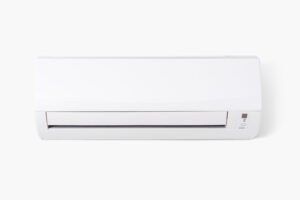
How Does an Inverter Cool System Improve Indoor Air Quality?
In Plant City, keeping the air inside homes fresh and clean is a significant concern for many residents. With the rise of various pollutants and allergens, maintaining indoor air quality has become a top priority. Many homeowners are looking for effective ways to ensure that their living spaces provide clean



